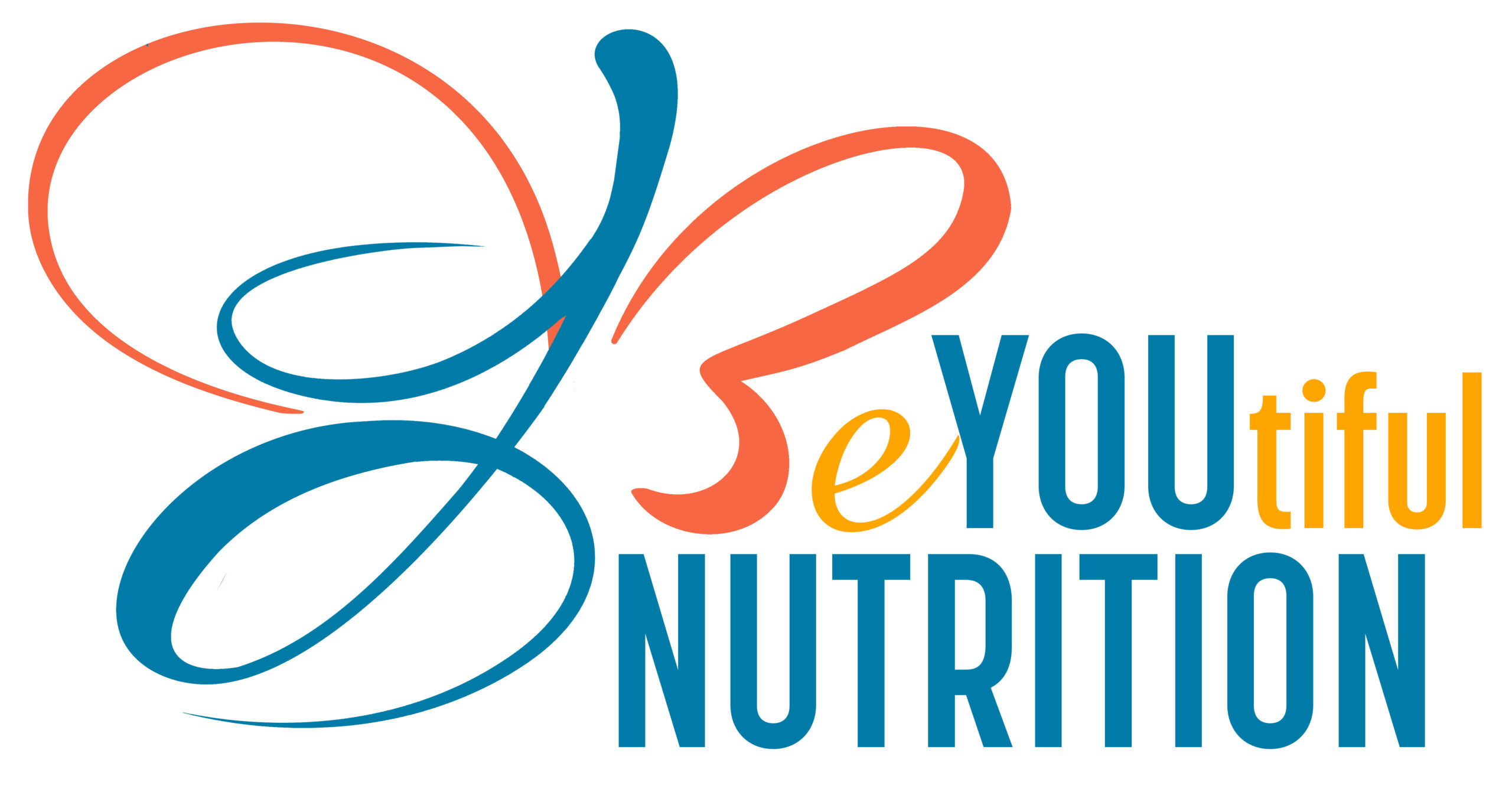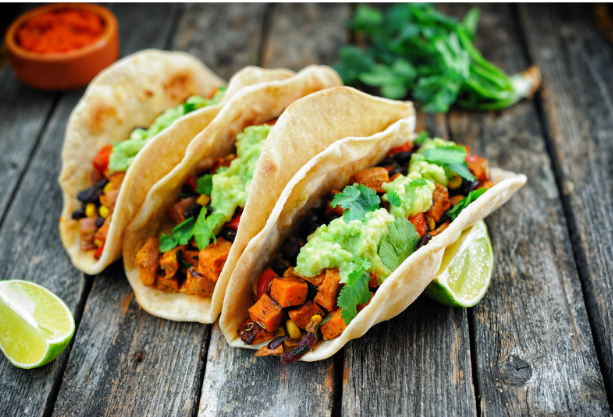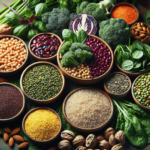What if the secret to unlocking your athletic potential lies not just in the number of hours you train, but also in what you put on your plate? Nutrition plays a pivotal role in boosting your performance, recovery, and overall wellbeing. Let’s serve up a plateful of knowledge about how the right foods can propel you toward your athletic goals.

Understanding Athletic Nutrition
To harness your full physical potential, it’s essential to understand the unique nutritional demands placed on athletes. You can think of your body as a finely tuned sports car; without the right fuel, it just won’t run optimally.
The Role of Macronutrients
Macronutrients are the three main components of nutrition: carbohydrates, proteins, and fats, each serving a distinct role in fueling your body.
Carbohydrates: Your Main Fuel Source
Carbohydrates are like gasoline for your body. They provide the energy required for workouts, allowing you to sustain high levels of performance.
- Complex Carbohydrates: Foods like oats, brown rice, and whole grains offer a steady release of energy, perfect for long-lasting endurance.
- Simple Carbohydrates: Fruits, honey, and some dairy products can provide quick energy, making them ideal for pre or post-workout snacks.
Proteins: The Building Blocks of Recovery
After a strenuous workout, your muscles need some TLC, and that’s where protein comes in. Protein aids in muscle repair and growth, helping you recover and build strength.
- High-Quality Sources: Consider lean meats, fish, dairy, eggs, and plant-based options like beans, lentils, and quinoa. Aim for a proportional intake post-exercise.
Fats: The Essential Nutrient
Although fats often get a bad rap, they are crucial for overall health, providing energy, supporting cell function, and aiding in the absorption of vitamins.
- Healthy Fats: Incorporate sources like avocados, nuts, seeds, and olive oil into your diets. These can enhance flavor and optimize performance.
Micronutrients: The Unsung Heroes
Vitamins and minerals are crucial in supporting myriad bodily functions from energy production to maintaining immune health. Often overlooked, these micronutrients can be your secret weapon.
- Iron: Vital for oxygen transport, iron-rich foods such as spinach, red meat, and beans can elevate your endurance and energy.
- Calcium and Vitamin D: Essential for bone health, you can garner these from dairy products or fortified plant-based options. Don’t forget about sunlight exposure for vitamin D synthesis!
The Timing of Nutrition
When you eat is just as important as what you eat. The timing of your meals can influence energy levels and recovery.
Pre-Workout Nutrition
What you consume before a workout sets the stage for your performance. Aim to eat a balanced meal rich in carbohydrates, moderate in protein, and low in fat about 2-3 hours before exercising.
- Quick Snack Options: If pressed for time, grab a banana or a handful of trail mix approximately 30 minutes before your session.
Post-Workout Recovery
Following your workout, your body requires immediate nourishment to recover. A meal or snack rich in protein and carbohydrates consumed within 30 to 60 minutes after exercising can expedite recovery.
- Recovery Meal Ideas: A smoothie with protein powder, banana, and spinach, or a turkey sandwich on whole grain bread can do wonders.
Hydration: The Forgotten Nutrient
Many people underestimate the importance of hydration in athletic performance. The human body is made up of about 60% water, and adequate hydration is vital for optimal physiological function.
How Much Water Should You Drink?
While individual hydration needs can vary, a good rule of thumb is to drink at least half your body weight in ounces of water daily. If you’re exercising intensely or in hot conditions, you may need more.
Signs of Dehydration
Be aware of signs indicating you may not be drinking enough:
- Dry mouth
- Dizziness
- Dark yellow urine
- Fatigue
Incorporating fluids like water, herbal teas, or electrolyte drinks can keep you in peak condition.
Specialized Nutrition Strategies for Athletes
Considering your individual needs is essential in enhancing performance. This is where a registered dietitian, like Lila Cornelio, can take your dietary approach to the next level, tailoring a plan just for you.
Sports Supplements: Friend or Foe?
There’s a world of sports supplements available, but not all are necessary or beneficial.
- Creatine: Often used to improve strength and power.
- BCAAs (Branched-Chain Amino Acids): Could aid in reducing muscle soreness and help recovery post-exercise.
However, supplements should not replace a balanced diet. It’s important to consult with a nutrition expert to determine what’s right for you.
Plant-Based Nutrition and Athletic Performance
If you’re leaning towards a plant-based diet or just curious, it’s entirely possible to meet your nutritional needs through plant foods.
Key Considerations
- Protein Sources: Combine whole grains with legumes to create complete proteins.
- Iron and B12: Pay attention to iron-rich foods (like lentils and spinach) and consider B12 supplementation if you’re avoiding animal products.

A Personalized Approach to Nutrition
Navigating the nuances of nutrition on your athletic journey can be complex. Building a relationship with a qualified dietitian can provide you with personalized guidance and strategies tailored to your unique needs.
Long-Term Lifestyle Changes
Change doesn’t happen overnight, but with time and commitment, it can happen. Engaging with a nutrition professional can provide the support required to make lasting lifestyle changes.
Cooking Workshops: A Fun Way to Learn
Participating in cooking workshops, especially those rooted in nutrition, can make healthy eating enjoyable. You can learn new culinary techniques while embracing the idea of preparing nutritious meals from the comfort of your home.
Emphasizing Measurements of Success
Beyond just performance and physical appearance, successful nutritional strategies often lead to an improved overall quality of life.
Mental Wellbeing
You may not realize the extent to which nutrition impacts your mental health. Adequate nutrition can influence mood, stress levels, and even cognitive function, keeping you sharp and focused during training sessions and competitions.
Quality of Life
Striving for health encompasses more than just physical abilities; it’s about achieving balance and joy in your lifestyle. By investing in your nutritional habits, you’re also investing in your overall happiness.
Conclusion: Your Blueprint to Excellence
Nourishing your body properly is perhaps one of the most important things you can do for your athletic performance. By ensuring you fuel your body with the right balance of macronutrients, micronutrients, hydration, and timing, you’re setting yourself up for success.
Enlisting the help of a registered dietitian like Lila Cornelio not only provides you the expertise needed but also offers the support and guidance necessary to sustain long-term lifestyle changes. You’re not just transforming your athletic performance; you’re crafting an enduring relationship with food and health that can elevate every aspect of your life.
So, are you ready to step up your game? Embrace a nutrition-focused approach today and watch how it transforms not just your performance but your entire life. Remember, you have everything to gain by simply nourishing your body the right way!








